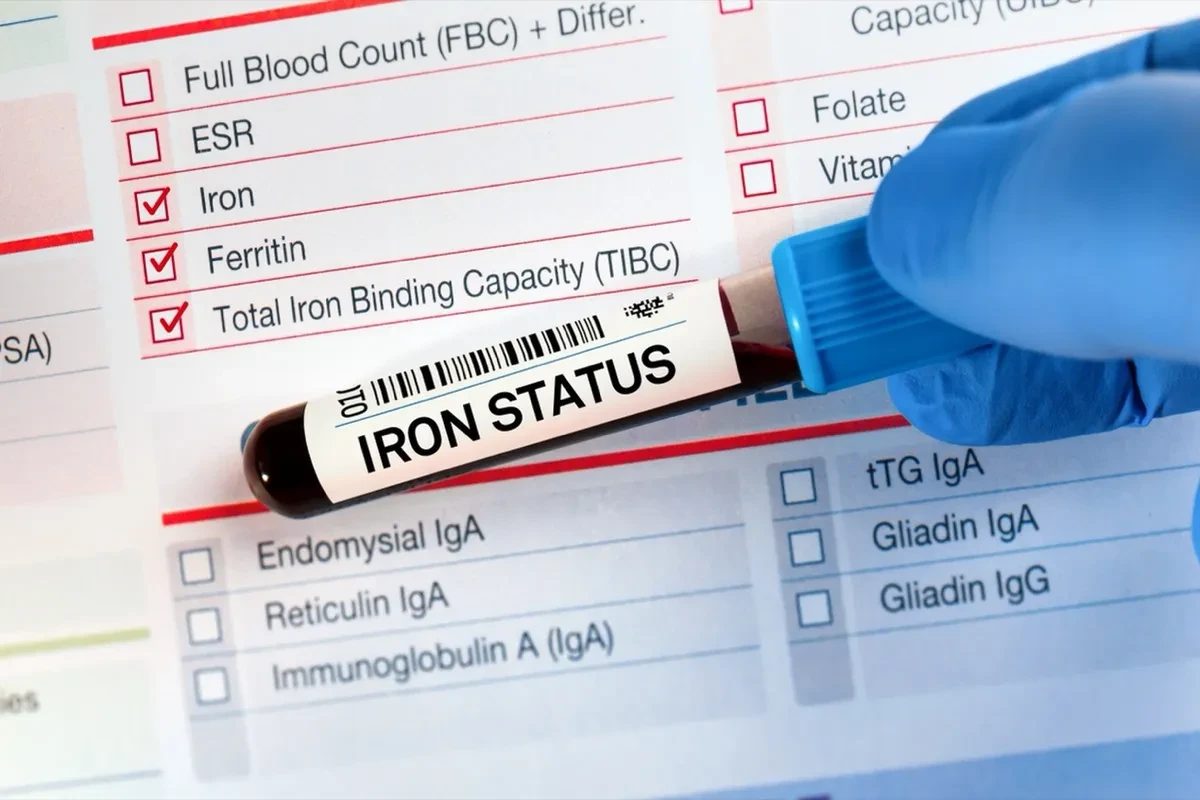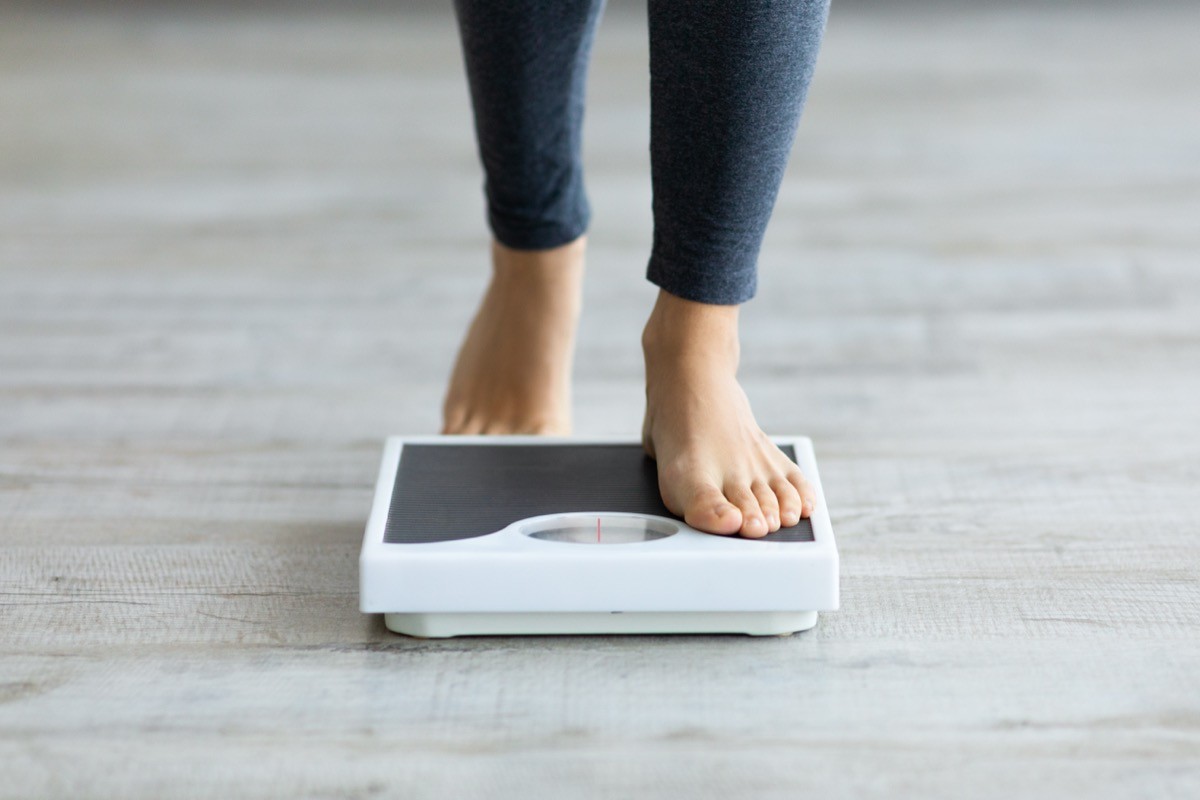5 Signs You’re Eating Too Much Fiber, According to Doctors

If you want to enhance your overall health through your diet, one of the best things you can do is to incorporate a wide range of nutrient-dense and fiber-rich plant-based foods.
“Fiber is important in overall gastrointestinal health, blood sugar regulation, and lowered cardiovascular disease risk,” says Jennie Stanford, MD, an obesity medicine physician and medical contributor for Drugwatch.
She explains that because fiber is a prebiotic, it acts as food for the beneficial microorganisms in the gut microbiome: “As these organisms feed on dietary fiber, they release anti-inflammatory and metabolically active compounds that lower inflammation and improve cardiovascular and metabolic health parameters.”
While most people stand to benefit from eating more fiber, not less, Stanford says it is possible to go overboard and cause undesirable effects. Health organizations most commonly recommend aiming for 30 grams of fiber per day for adults, alongside proper hydration and a balanced diet, adds Melissa Snover, RD, a registered nutritionist and the founder and CEO of Nourished.
“This ensures you get all the benefits of fiber without the downsides that can be caused by excessive consumption,” she says.
Think you’re getting too much of a good thing? Read on to learn the five most common signs that you’re eating too much fiber.
RELATED: 6 Signs You’re Eating Too Much Protein, According to Doctors.
1
Bloating and gas

Bloating and gas are two of the most common side effects of eating too much fiber.
“As fiber is fermented by the gut microbiota, it releases gas and other compounds, which can be bothersome,” explains Stanford.
She adds that different types of fiber may be more or less difficult to tolerate for different people. As a general rule of thumb, soluble fiber (as found in oats) tends to be better tolerated compared with insoluble fiber (as found in vegetables).
2
Abdominal pain or cramping

An excessive fiber intake can also result in abdominal pain and cramping due to the digestive system struggling to process large amounts of the nutrient.
“While fiber is typically recommended for regular bowel movements, excessive consumption may have the opposite effect, causing constipation or diarrhea,” Snover tells Best Life.
RELATED: 5 Fiber Deficiency Symptoms, Doctors Say.
3
Diarrhea or constipation

Another gastrointestinal symptom to look out for is diarrhea or constipation.
“Diarrhea may occur with a high fiber intake, usually as a result of drawing more water into the stool and it moving through the intestines more quickly. In other people, constipation may occur as a result of the bulk that fiber adds to stool,” Stanford explains.
4
Nutritional deficiencies

Eating too much dietary fiber can also result in nutritional deficiencies since it can interfere with your body’s ability to properly absorb nutrients.
“Fiber can bind to essential nutrients like calcium, iron, and zinc, preventing them from being absorbed by your body,” Snover says. “This can also contribute to dehydration, due to the fact fiber absorbs water, which makes adequate hydration even more critical.”
RELATED: 6 Signs You’re Getting Too Much Calcium, According to Doctors.
5
Weight loss

Many people increase their fiber intake when they’re hoping to lose weight. However, Stanford notes that sometimes, too much fiber can lead to unintentional weight loss.
“As fiber increases fullness (satiety), it may also lead to a lower calorie intake overall, which can lead to weight loss. While this is a desired effect for some people, for others, it may not be,” she says.